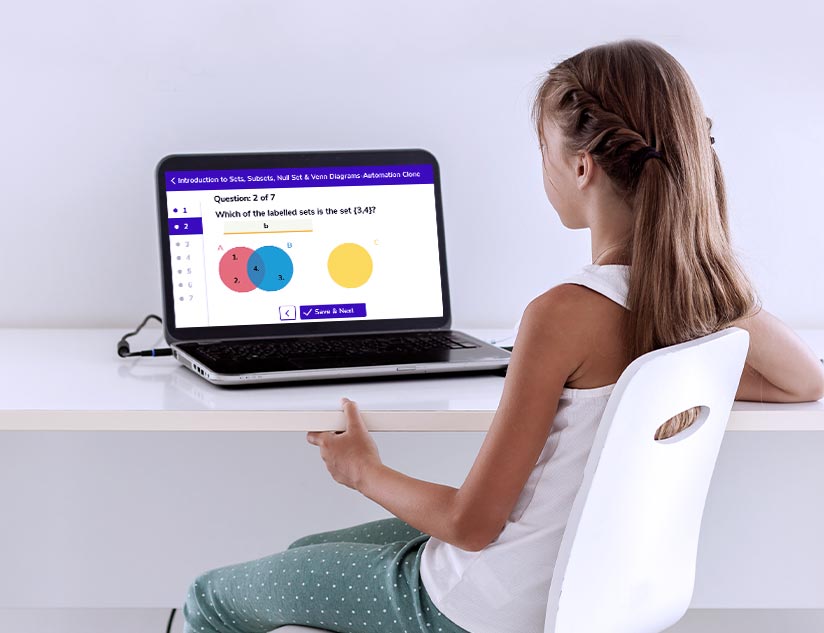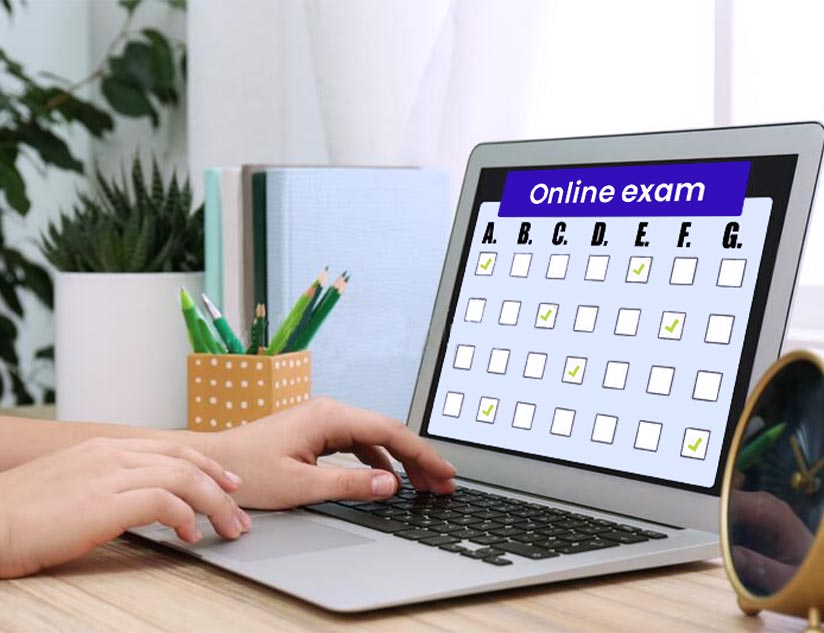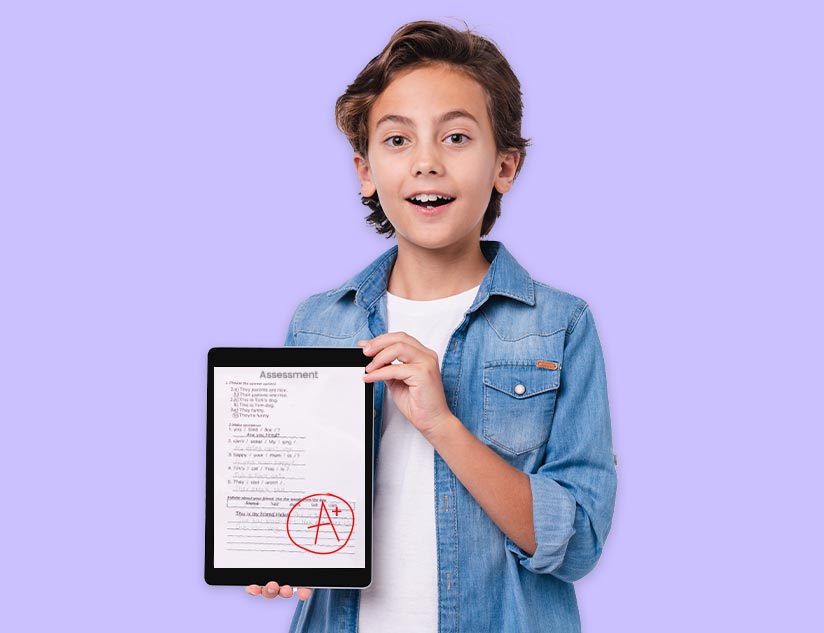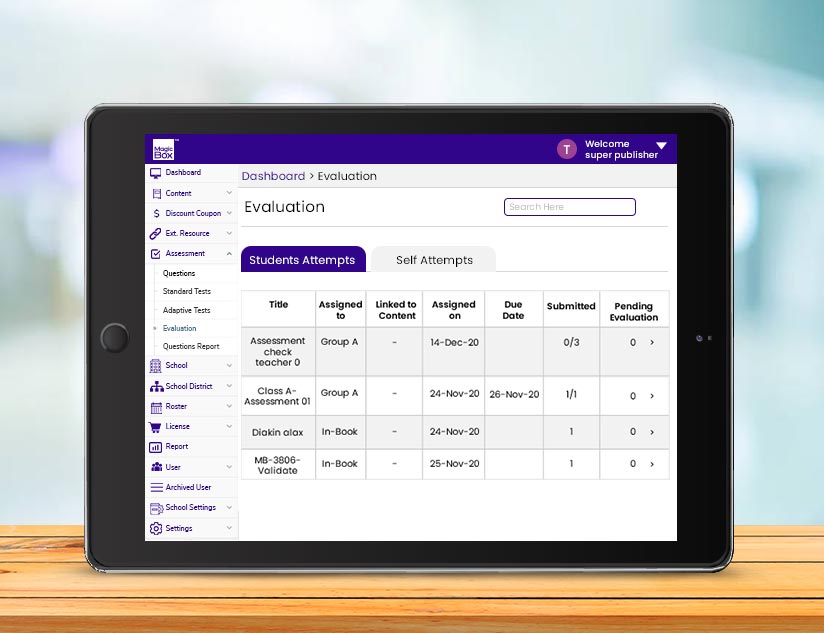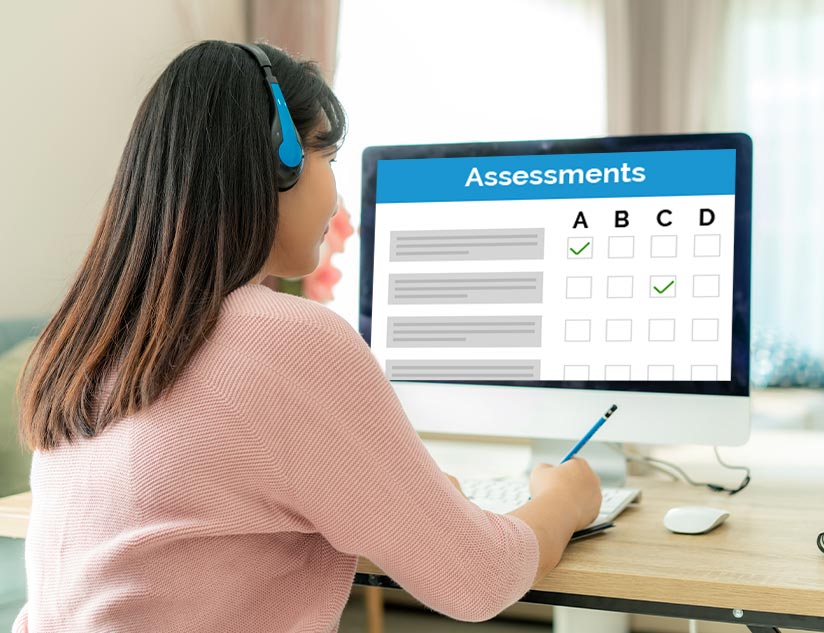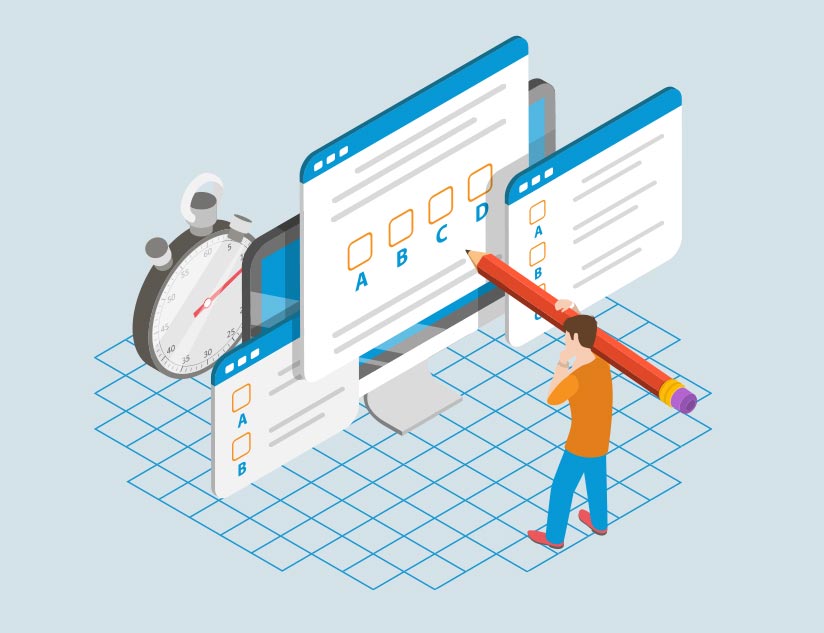The Future of Assessment in Digital Learning: What Educators Need to Know
March 30th, 2023
Given the teacher shortage being faced across the globe, and technology serving as the most viable solution, digital learning has taken center stage in the K-12 and higher education segments. The Valuates Report suggests that the global K-12 online learning market is poised to expand at a CAGR of 8.3% between 2023 and 2028 to reach $12,930 million. However, education is incomplete until the learning outcomes are achieved, and the only way to demonstrate that is through assessments. Read on to discover why and how digital assessment platforms are transforming digitized learning models.
Role of Assessments
Assessments are an educator’s tool to gauge learners’ progress and reveal the achievement level of learning outcomes. As education turns hybrid and even purely digital in some regions, teachers may lose sight of student activities. This is where comprehensive assessments become imperative. Assessments at various learning stages are crucial for the digital learning space. These are:
Diagnostic
These assessments are carried out at the time of enrollment to identify the learning requirements of a student. This helps prepare different learning schedules for students with different abilities.
Formative
These are short assessments after every module to evaluate what the learner has grasped and which concepts need to be reinforced. These are conducted throughout the course.
Intermediate
These evaluations are spread across the year to determine student progress at the school or district level and identify learning gaps to suggest improvisations.
Milestone
These assessments are carried out mostly by governing or non-profit organizations to measure learner growth against global or regional standards.
Summative
These dreaded annual assessments evaluate a student’s performance after completing the course.
Types of Assessments
Much like learning, assessments have evolved significantly with technological advancements. Although standard MCQs, matching the cases, and filling in the blanks co-exist with descriptive ones, EdTech has introduced more engaging and enjoyable ways to evaluate student progress. There are several options for teachers to make assessments student-friendly and suit diverse learner levels:
Gamified Assessments
These are especially useful during the elementary years of learning. They help alleviate exam anxiety among students and give them a mechanism to engage and look forward to assessments. The use of leaderboards and badges encourages competitive spirit and instills a sense of achievement among students.
Drag and Drop Activities
These assessments are great for enhancing hand and mouse control. They also offer a different technique for choice-based questions. These activities have proven to boost learner confidence, as students get live inputs about the correctness of their answers and more opportunities to improve their answers.
Video-Based Assessments
Video assessments can be recorded where a student answers descriptive questions orally rather than by typing. This ensures inclusive learning and allows students to improve their spoken skills.
Another method is conducting live assessments with teachers. It can help in assessing special students by adjusting the question levels, modes, and types according to their abilities. Additionally, it prepares students for interviews.
Dialog Simulations
Interactive assessments can help build student confidence and assess the clarity of their understanding. The dialog also leaves room for student responses to drive the exam flow. It works as a medium to create personalized assessments that are aligned with individual learning goals. Dialogs can be written or verbal, as a student or teacher prefers.
Online Polls
A newer addition to the assessment model is the use of polls. Polls are useful in live sessions to quickly estimate how well students are grasping the delivered learning. Additionally, polls help identify teacher-student communication gaps by uncovering blind spots.
Forums
Forums are a way to run debates online. Providing a platform for students to share their views, answer each other’s queries and guide their peers is a great way to monitor and evaluate learner-learning dynamics. Educators must carefully set guidelines to avoid the discussion deviating from the intent.
In addition to the above formats, digital assessment platforms support inclusive formats. For instance, students who cannot type due to visual impairment or motor issues can record audio responses. Similarly, audio and text-assisted questions are available for those who cannot understand images or motion videos.
Beyond Assessment Design
Online assessment platforms not only provide multiple questioning formats but also assist in evaluations. For instance, a digital tool can easily verify a poll or a forum to check who participated and how many times. Further, AI-based natural language processing capabilities identify keyword usage for the correctness and accuracy of responses. They can provide first-level feedback, which teachers can verify and extend to elaborate on a student’s standing.
Digital assessment tools prepare analysis reports for students, classrooms, and teachers. They help identify learning gaps and remedial requirements for students. Identifying weak and strong areas helps set the tone for further learning and goals to be achieved. Moreover, they help teachers discover specific areas where students have difficulties and improve the lesson plan, delivery techniques, and assessments accordingly.
Explore how a state-of-the-art online assessment platform can augment your EdTech software with easy integrations to enhance adoption and user satisfaction. Schedule a demo now with MagicBox to unlock seamless end-to-end assessments with plug-and-play APIs that can be integrated into any LMS environment.







